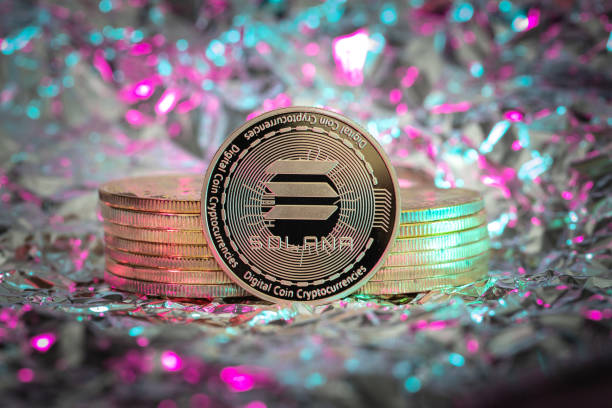The Big Tech artificial intelligence bonanza is showing signs of fatigue as nearly every technology firm in the global top 20 saw its market capitalization shrink between July and August.
Leading the retreat is Intel, whose stocks plummeted after a disappointing Q2 earnings announcement on Aug. 1. The company failed to meet its quarterly target and wound up down 1% for revenue year-over-year.
Intel’s generative AI pivot
While that doesn’t sound like a huge problem, the company took the earnings call as an opportunity to announce a 15% staff reduction. This is evidently the next phase in its plan to pivot the business toward the generative AI sector, which will result in one of the biggest tech layoffs in recent memory, with some 15,000 employees being cut.
Intel stock fell by about 18% in after-hours trading, with many analysts citing the layoffs as a primary contributing factor. As of the time of this article’s publication on Aug. 2, its market capitalization has dropped by more than 28% in the past 24 hours.
Nvidia’s regulatory concerns
Intel wasn’t the only big tech outfit to start the month of August with a shrinking market capitalization. In fact, as of the time of this article’s publication, every technology firm in the top 20 companies by global market cap is down over the past 30 days, with the exceptions of Apple and Tesla.

Perhaps most noteworthy is Nvidia’s current market capitalization of $2.62 trillion, down more than 2% over the past 24 hours. The world’s most valuable chipmaker’s fate is directly tied to many of the other firms in the top 20 due to big tech’s reliance on Nvidia GPU chips to train AI.
Yet Nvidia faces little in the way of global competition. Arguably, the only true mitigating factors in its success are good old-fashioned market demand and, potentially, the United States government.
According to a report from The Information, the US Department of Justice is investigating Nvidia over alleged antitrust violations ranging from supposedly threatening customers with retaliation if they used competitor’s products to purchasing startups in a concerted effort to stifle competition.
Amazon’s AI ambitions
Another noteworthy Q2 slide comes in the form of Amazon’s sudden 9.1% drop in market cap over 24 hours after reporting $147.98 billion in revenue for Q2 vs. an expected $148.56 billion.
Accompanying the somewhat weak earnings was CEO Andy Jassy’s declaration that Amazon was moving on from its two-year spending fast and would be prioritizing bringing AI products and services to market over profits.
Related: Google’s new Gemini AI model dominates benchmarks, beats GPT-4o and Claude-3











